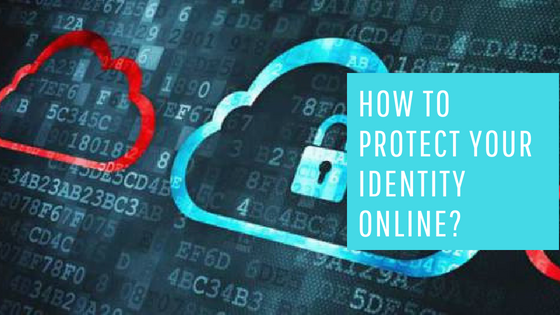Out of 10, nine users who are active on the Internet and who share their personal data on various social networking sites like Facebook, Google Plus and, LinkedIn or on any e-commerce portals have already had an account infringed. Many of them are unaware of the fact that their data is being leaked.
According to Michael Kaiser, executive director of NCSA (National Cyber Security Alliance), in this digital era, you can surely assume that your data is either being leaked or will be leaked in the coming future. Cybercriminals have pointed their eyes to your information and they can put all their power and skills to target your information which you are sharing on the Internet.
By allowing the third-party application, the chances of getting your information leaked are very high. Not all the third-party gateways are genuine and legitimate. Many of these are fraud and they share your personal details like account numbers, debit and credit card pins to cyber attackers. Hackers can also use your geo-location and date of births to log in to your full online database.
Protecting yourself from 360 degrees in this virtual world is impossible, but by taking some safety measures you can reduce the risk of getting your online identity leaked.
Here are some basic methods through which you can secure your online presence. You can also go for some online websites who are experts in providing identity screening solutions like Crediful, which offers identity protection services.
- Set a Strong Password
Always use the combination of a strong password or pin number for your online accounts. Avoid using your personal details like name, date of birth, hometown name, etc. for your password. Don’t use the same password for various accounts. Use a password manager to generate your unique passwords and to securely store them. Protect your password manager with two-factor authentication.
- Always Use Two-Factor Authentication
No matter how strong the password you have set for your account, someone who is very good with hacking can hack your account someday, so it is necessary to secure your account with some more strongly secured ways. Always try to use a two-factor authentication to log in your account. It may be your fingerprint or a text code on your device along with your password which will make your account logging more secure and difficult to hack.
- Say No to Public Wi-Fi
Free public Wi-Fi and hotspots are an invitation for data leakage. Through free Wi-Fi, cybercriminals can easily monitor your activities on the web, and if you access your account through public hotspots, chances are high that your account can be hacked. Thus, always use your personal mobile internet connections to log in your account if there is a need of going online in public places.
- Duly Check your Credit Reports
Always check your credit reports from time to time to see whether your credit account is being used without your acknowledgement. If you find something fishy in your credit report, call the credit bureau to know about the damages and to stop the credit fraud.
- Don’t Add Private Information
Avoid adding your personal contact numbers, addresses or email IDs on social networking sites like Facebook and Twitter. This information may help hackers to know much more about you and your life. Hackers can use this information to destroy you completely, so be safe and always think twice before putting your PII (Personally Identifiable Information) on the Internet.
- Stay Updated
Always try to keep in touch with daily news and online data breaches news. Stay updated with latest technological rules and regulations issued by the government and act as per the rules. Keep your apps and settings updated to get new security feature.
Conclusion
Start with setting up and changing all your passwords if you notice any little suspicious activities on your account. Then, follow these safety measures to make your online identity more protected and secured.

